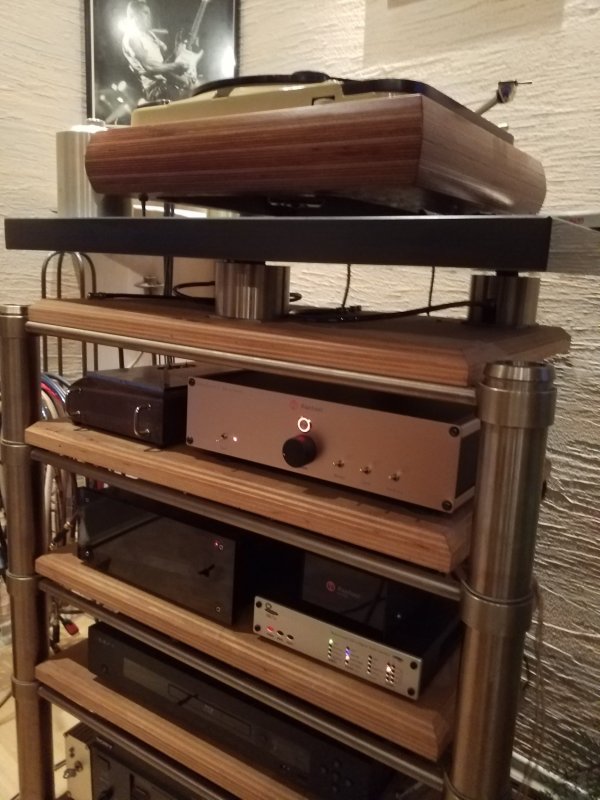Elliot, you obviously missed the point of my post and took offense to the misinterpretation; so let me break it down for you:
I will not repeat what I have already stated many times on this and other forums but in summary the matter of “sound quality” is a very complex and personal one for a number of technical reasons
To begin the speaker/room interaction is not isolated to the speaker and the room; it is a convolution of the source material spectral content, upstream equipment transfer functions, and the speakers’ frequency response and polar radiation pattern. This is why engineered rooms do not live up to expectations as there is no room-Acoustics one-size fits all.
Second we all have an individual head-related transfer function (HRTF) which means that what we hear is not exactly the same under the same conditions. Add to this the Fletcher-Munson contours for the human ear and pretty soon you realize that something as simple turning the volume knob up or down will affect the excitations not only of the room but also of your ears.
When I asked how do you and the other set-up man certify your set-up, I ask because I am curious to see how the execution and target goal is defined. If the only criteria is that it “sound good”, my next questions is to whom? And what will happen when there is a change of component in the system? Will the set-up expert need to come back after every change?
I know that some are guided by measurements but measurements alone do not provide all the insight necessary as microphones do not hear sound like our ears. Our auditory system is more complex than a diaphragm generating an electrical signal. To take full advantage of measurements you require the accompanying knowledge of Psychoacoustics to correctly interpret and make good use of the measurements. The response of a calibrated microphone captures raw sound the issue is not with the capture of the telemetry but with the interpretation of the graphical data as it relates to “sound quality”.
Next let’s talk about room correction, this is a dynamic way to solve acoustic issues and while it is a valid approach, it overlooks the fact that the human brain is the world’s best room correction device ever invented, able to arbitrate complex room interactions that the software developers have yet even began to implement. If you listen in a near-field arrangement and listen to the on-axis direct sound field, your brain corrects for reflections and other room anomalies, short of rattles and other course sound irregularities. The ears-brain cognitive function should not be underestimated and underutilized.
Others mentioned eliminating or attenuating, through absorbers, diffusers, or diffraction, the point of first reflection, which is interesting to me as how is this exact location determined by these individuals as it is a function of frequency and varies depending on the wavelengths. Furthermore not all first reflections are unwanted; for instance, first reflections which follow the direct sound between ~ 5 and 15ms contribute to a feeling of intimacy.
And to Lee, your answer is wrong, it is not “experience” one wants in a competent person, the correct answer is “knowledge”.
At times I do feel like a man playing among kids on this forum but someone has to keep the ignorant, the equipment peddlers, and the big yellow bus chasers honest.
















